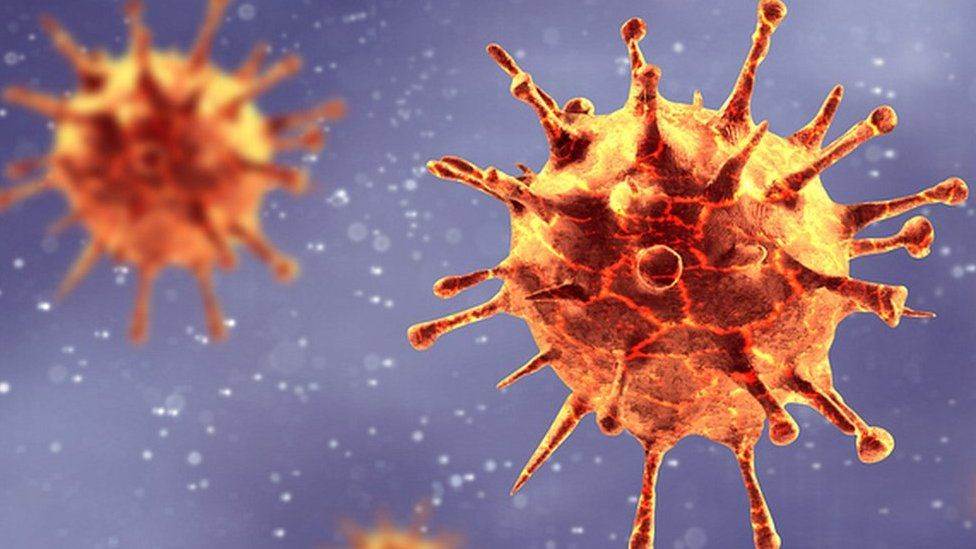Scientists Warn of New COVID Variant
The B.1.1.529 variant was discovered for the first time in Botswana, and six cases have since been discovered in South Africa.
-

The new variation was first discovered in Botswana.
Scientists have cautioned that a new COVID type with an "extremely high number" of mutations could cause further illness outbreaks by avoiding the body's immune system.
Although the number of cases validated by genomic sequencing is limited, with only 10 cases reported in three countries, the variant has alarmed some researchers since some of the changes may aid the virus in evading immunity.
The spike protein, which is used by most vaccines to boost the immune system against Covid, contains 32 mutations in the B.1.1.529 variation.
In addition to affecting the virus's capacity to infect cells and disseminate, mutations in the spike protein make it more difficult for immune cells to combat the infection.
Three examples have already been sequenced in Botswana, where the variation was first discovered.
Six more have been confirmed in South Africa, with one confirmed in Hong Kong in a visitor returning from the country.
Critical variant should "very, very much be monitored"
Dr. Tom Peacock, a virologist at Imperial College London, shared information on the novel variant on a genome-sharing website, adding that the new variant was discovered by chance, “incredibly high amount of spike mutations suggest this could be of real concern.”
In a series of tweets, Peacock said it “very, very much should be monitored due to that horrific spike profile,” but added that it may turn out to be an “odd cluster” that is not very transmissible. “I hope that’s the case,” he wrote.
Dr. Meera Chand, the UK Health Security Agency's COVID-19 incident director, said the agency was continually monitoring the status of Sars-CoV-2 variants as they emerged and developed in collaboration with scientific authorities around the world.
“As it is in the nature of viruses to mutate often and at random, it is not unusual for small numbers of cases to arise featuring new sets of mutations. Any variants showing evidence of spread are rapidly assessed,” she said.
The first cases of the variant were collected in Botswana on 11 November, and the earliest in South Africa was recorded three days later.

 2 Min Read
2 Min Read








